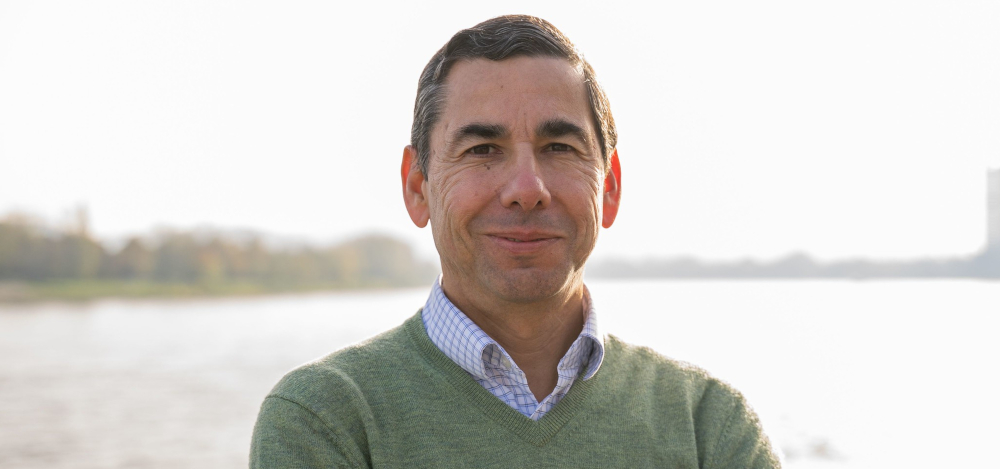Darío Soto-Abril’s appointment coincides with GWP’s 25th anniversary year. This is something he wants everyone in the network to be proud of: “We should be proud of what we have accomplished. For 25 years, GWP has led water conversations around the world – we have been present at the most relevant meetings, we have changed regional and national policies, we have engaged in the most important discussions at all levels.”
He wants to build on this pride for the future: “My vision is that we become the most prominent water voice in the world. I want everybody to acknowledge our role. I want them to see that we influence policymakers and policy discussions at the global, regional, and national levels. I want people to see GWP in action, for them to be able to point to a project, a policy, or a law that was passed because of us. They should feel tangible change in their lives because of us.”
Soto-Abril feels confident this is possible because the right building blocks are in place. “What I have seen so far, both in Stockholm and in the regions, is a high level of commitment and passion from everyone. I think these two elements are the biggest assets in our network - commitment and passion. I am very impressed by it. The presence we have on the ground, in the countries and at the regional level, gives us a unique perspective of knowing what's happening, of being connected with the local authorities, with the private sector, with other NGOs, and all stakeholders. We have boots on the ground that allow us to be present and active. To me, this is our greatest opportunity because it triggers interest from more donors and more partners to what we are doing. It allows us to develop new products and ideas and it further deepens our relationships with existing partners.”
How to meet challenges
When asked about challenges, Soto-Abril says that some of the countries in the GWP network still need to be stronger in their operations: “We need to see as a network what we can do to support these countries so they can strengthen their presence and voice. Another challenge is how to make sure that the existing regional structures are fit for purpose – for example, should we work through host organisations, or should they become branches, or have their independent legal existence? The challenge is to find the best solution for what we aim to do going forward. This is something that I intend to explore directly with the regions.”
No matter the challenges, Soto-Abril is clear on what everybody in the GWP network needs to use as their tool for success: “We have a very good Strategy. It is broad, which allows us to do a lot of things. It is also a good way for us to align - if we all work with the Strategy in mind, to what it aims to achieve, this is the link that unites us all. This means that one region can choose one or several parts of the Strategy to focus on, while another region puts focus on other things – what is relevant to them – but as long as everyone is aligned around the Strategy, we are united.”
The meaning of water
22 March marks World Water Day every year. In the lead-up to this year, UN-Water has campaigned around the theme of ‘Valuing Water’ – asking people to share stories on what water means to them by using the hashtag #water2me in social media.
“World Water Day is important to GWP because water is our mission – it is our reason for being. For me that means equal access to water for everyone, access to water is a human right. I think this year's theme is great because it connects people individually with the cause of water that we are trying to achieve. It asks each of us to think about a link in our hearts to water. It's not about what a book or a website says, it's personal.”
For him, water is about two things: happiness and equality. This goes back to his childhood in Cartagena, Colombia, where he remembers happy days playing football and drinking water straight from a hose, while at the same time – something he wasn’t aware of as a child – there were other parts in the same city where people didn’t have access to water. Becoming aware of this inequality is what made the case for equality even more important to him later, and it is one of the things that inspires his work with GWP.

